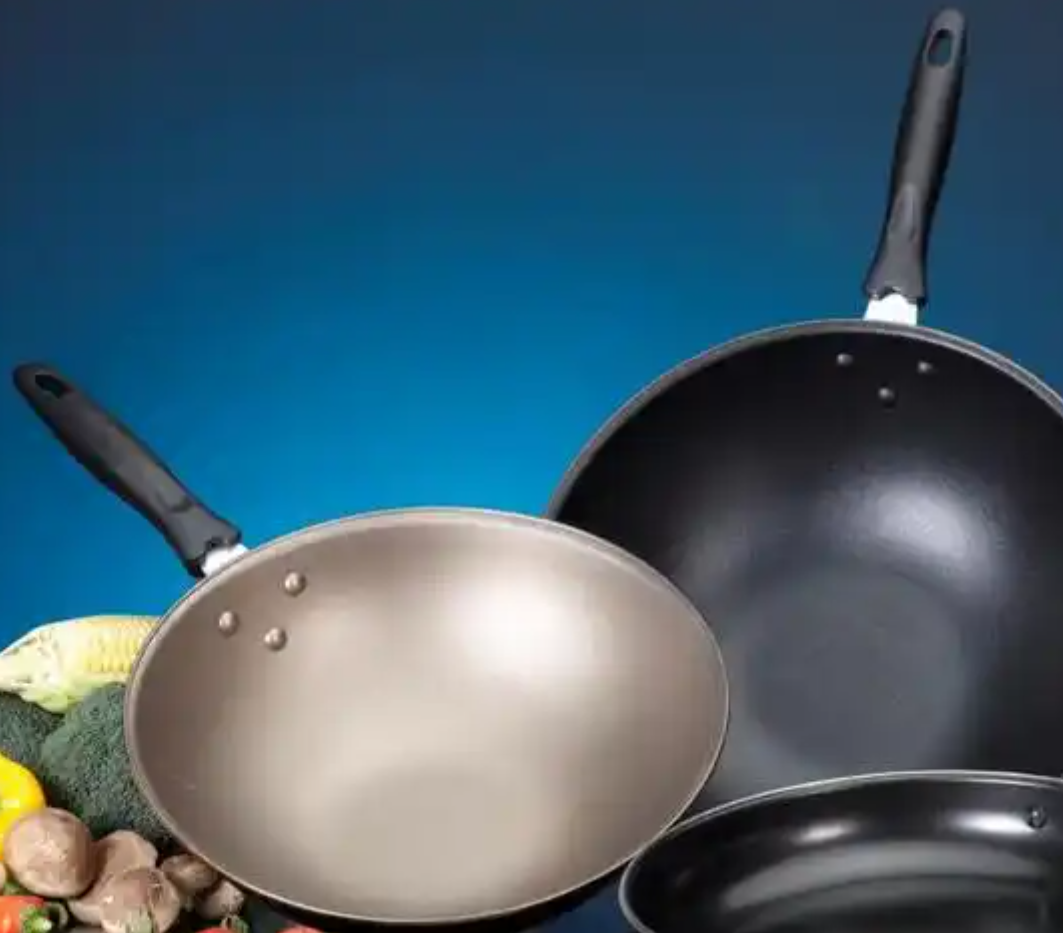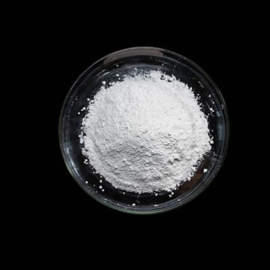With the development of science and technology, silicone heat-resistant coatings will be applied to more fields, helping the progress of modern industry and life. Its excellent characteristics and prospects for multi-disciplinary applications make it an ideal high-temperature protective coating. Understanding and grasping the properties and applications of silicone heat-resistant coatings will enable better utilization of this material. Why is silicone coating resistant to high temperature?
The high-temperature resistance of silicone coatings is one of their greatest highlights. Its use temperature usually reaches 200-300°C, and in some special formulations, it can withstand even higher temperatures. This makes it useful for applications in some high-temperature environments, such as the surfaces of turbines, boilers, and other equipment. In modern industry and daily life, silicone heat-resistant coatings are favored for their excellent high-temperature resistance. Whether in automobiles, electrical and electronic equipment, or high-temperature pipelines, ships, and other fields, silicone heat-resistant coatings have become important protective materials.
The following six aspects of the performance of silicone coatings:
- What are the properties of silicone coatings?
- What are the advantages of silicone coatings?
- Why can silicone resin cure at high temperatures?
- What are the precautions for silicone coatings?
- Where are the main applications of silicone coatings?
- How to make silicone coatings better performance?
1. What are the properties of silicone coatings?
The main component of silicone heat-resistant coatings material is silicone resin, which has excellent high-temperature resistance, corrosion resistance, good adhesion, ultraviolet light resistance, and is usually able to withstand high temperatures of more than 200°C. Compared with conventional coatings, silicone heat-resistant coatings can be used in a wide range of applications. Compared with conventional coatings(these materials have poor adhesion), silicone heat-resistant coatings have lower volatile organic compound (VOC) content, which is in line with environmental standards, and have excellent weathering, oxidation, and chemical resistance. cooling costs
(1) High Temperature Resistance
The high-temperature resistance of silicone heat-resistant coatings is one of its biggest highlights. Its use temperature can usually reach 200-300 ℃, in some special formulations, it can withstand higher temperatures. This makes its application in some high-temperature environments, such as the surface coating of turbines, boilers, and other equipment, particularly important.
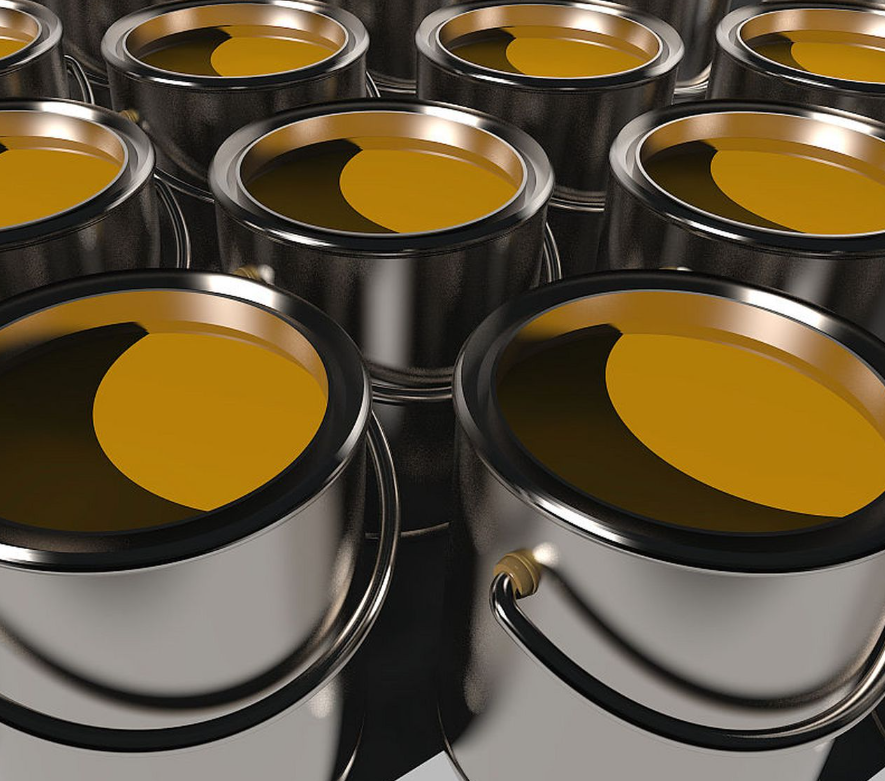
(2) Corrosion resistance
In addition to high-temperature resistance, the corrosion resistance of silicone heat-resistant coatings is quite remarkable. It can effectively resist the erosion of acids, alkalis, and other chemicals, and is suitable for use in highly corrosive environments such as chemical plants and petroleum refineries.
(3) Environmentally friendly properties
As environmental awareness increases, low-toxicity, low-VOC coatings are becoming more and more popular. The production process of silicone heat-resistant coatings meets the requirements of green environmental protection, and its relatively low volatile matter content reduces the burden on the environment after use.
XJY-8010A/B/XJY-83350 Flake Silicone Resin
This single component can be used in high-temperature-resistant powder coatings and liquid coatings. The main feature of silicone resin is its excellent heat-resistant property, which hardly decomposes at 200°C or even higher temperatures, and can be used to prepare various heat-resistant coatings with heat-resistant insulation grades up to class H. Silicone resin has excellent weathering resistance, and ultraviolet light resistance and can be used in powder coatings and liquid coatings. Silicone resins have excellent weathering resistance and provide all-around protection for equipment. Silicone resins have excellent weather resistance and good adhesion. Silicone thin layers also have excellent weathering, ozone resistance, arc resistance, hydrophobic moisture resistance, salt spray resistance, mold resistance, and other properties.

2. What are the advantages of silicone coatings?
(1) Excellent adhesion
Silicone heat-resistant coatings show excellent adhesion on a wide range of substrates, including metals, plastics, and glass. This means that even in extreme environments, the coating remains stable and does not flake easily.
(2) Rich color and weather resistance
This type of coating also has a rich selection of colors to meet the individual needs of different users. Moreover, its weathering resistance makes the coating remain strong and the color does not easily fade under harsh conditions such as high temperature, sunlight, and humidity.
(3) Excellent electrical insulation
Silicone coatings have excellent electrical insulation properties and are suitable for insulating coatings for electrical equipment. It can effectively prevent short-circuit and current leakage of electrical equipment, and ensure the safe operation of equipment.
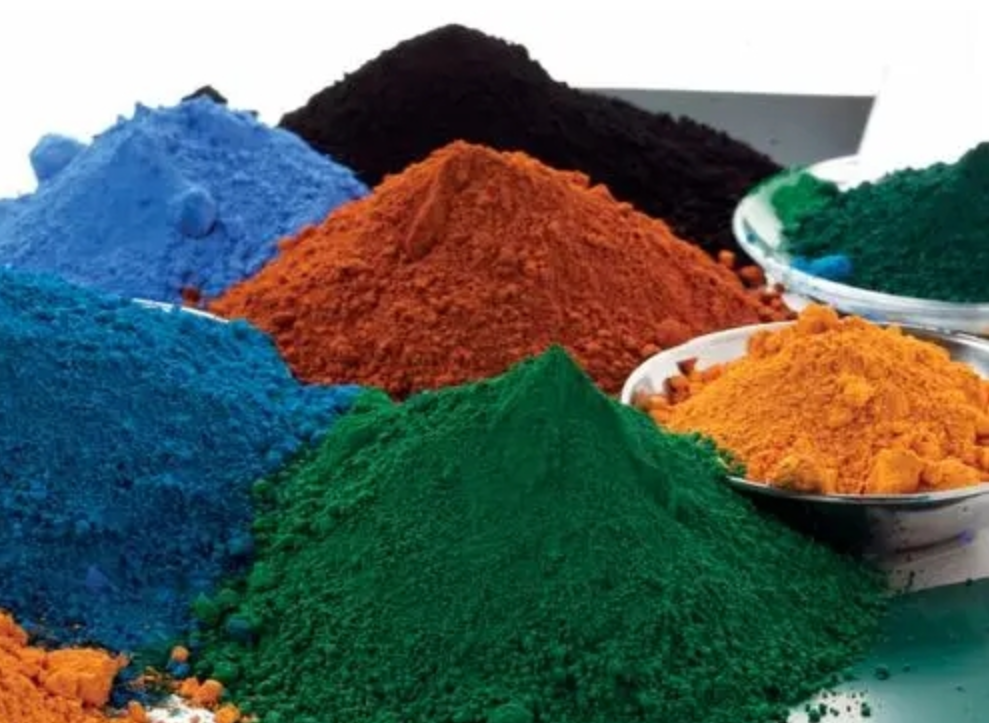
3. Why can silicone resin be cured at high temperatures?
Silicone resins usually require high-temperature curing because of their chemical structure and curing mechanism.
(1) Chemical structure: Traditional silicone resins, especially methyl silicone resins and methyl-phenyl silicone resins, have high molecular weights and low densities of alkoxy or silanol functional groups. These functional groups are the key active points of the curing reaction.
(2) Curing mechanism: For silicone resins that require high-temperature curing, the curing process first involves physical drying, i.e., volatilization of the solvent. Subsequently, under heated conditions, the functional groups between resin molecules undergo a cross-linking reaction to form a stable network structure.
(3) Cross-linking reaction: High-temperature conditions contribute to chemical reactions between functional groups, such as hydrolysis of alkoxy functional groups at high temperatures, followed by condensation reactions between silanol groups to complete the curing process.
(4) Physical properties: High-temperature curing helps to achieve high hardness, and fully cross-linked coatings, which due to the high temperature can improve the molecular movement, and promote the contact and reaction between the functional groups, so as to obtain better physical properties.
(5) Environmental factors: High-temperature curing systems are usually not dependent on ambient humidity, whereas room-temperature curing systems require ambient moisture for hydrolysis-condensation reactions.
(6) Cure time and productivity: High-temperature curing silicone resins allow for rapid curing in industrial applications, which is important for application scenarios that require fast production and high throughput.
(7) Technical requirements: Specific applications, such as the defense industry and other areas with special requirements for high-temperature performance, may require the use of traditional high-temperature curing silicone resins to meet their high-performance requirements.
4. What are the precautions for silicone coatings?
When purchasing silicone coatings, users should pay attention to several aspects to ensure that the coating effect is optimal:
(1) Check the certificate of conformity and technical parameters of the product
When purchasing, you should carefully check the certificate of conformity and technical parameters of the product to confirm that the purchased silicone heat-resistant coatings comply with national and industry standards.
(2) Environment and construction conditions
When using silicone heat-resistant coatings, it is very important to maintain a good construction environment. Ensure that the spraying environment is clean and dry, and follow the relevant construction procedures to ensure uniformity and adhesion of the coating layer.
(3) Storage conditions
Silicone coatings should be stored in a cool, dry place, avoiding high temperatures and direct sunlight to ensure that their performance is not affected.

(4) Coating thickness
During the coating process, attention should be paid to the thickness of the silicone coatings to ensure that it reaches the recommended thickness of the coating film to ensure the best performance of high-temperature resistance and corrosion resistance.
5. Where are the main applications of silicone coatings?
The excellent performance of silicone coatings makes them widely used in many industries, mainly including:
(1) Automotive industry
In the process of automobile manufacturing, silicone heat-resistant coatings are mainly used for the coating of engines, exhaust pipes, and high-temperature parts. It not only improves the durability of these parts but also gives them a good appearance and luster, making the car more eye-catching.
(2) Power industry
Power equipment such as transformers, high-voltage cable protection layers, and other high-temperature equipment is also widely used in silicone heat-resistant coatings. These coatings effectively prevent equipment failures due to high temperatures and environmental influences, improving the safety and life of the equipment.
(3) Marine Coatings
Ships are exposed to high temperatures and strong corrosive environments for a long time, silicone heat-resistant coatings provide good surface protection. Especially in the heat exchangers and engine systems of ships, its high-temperature resistance and weatherability are crucial.
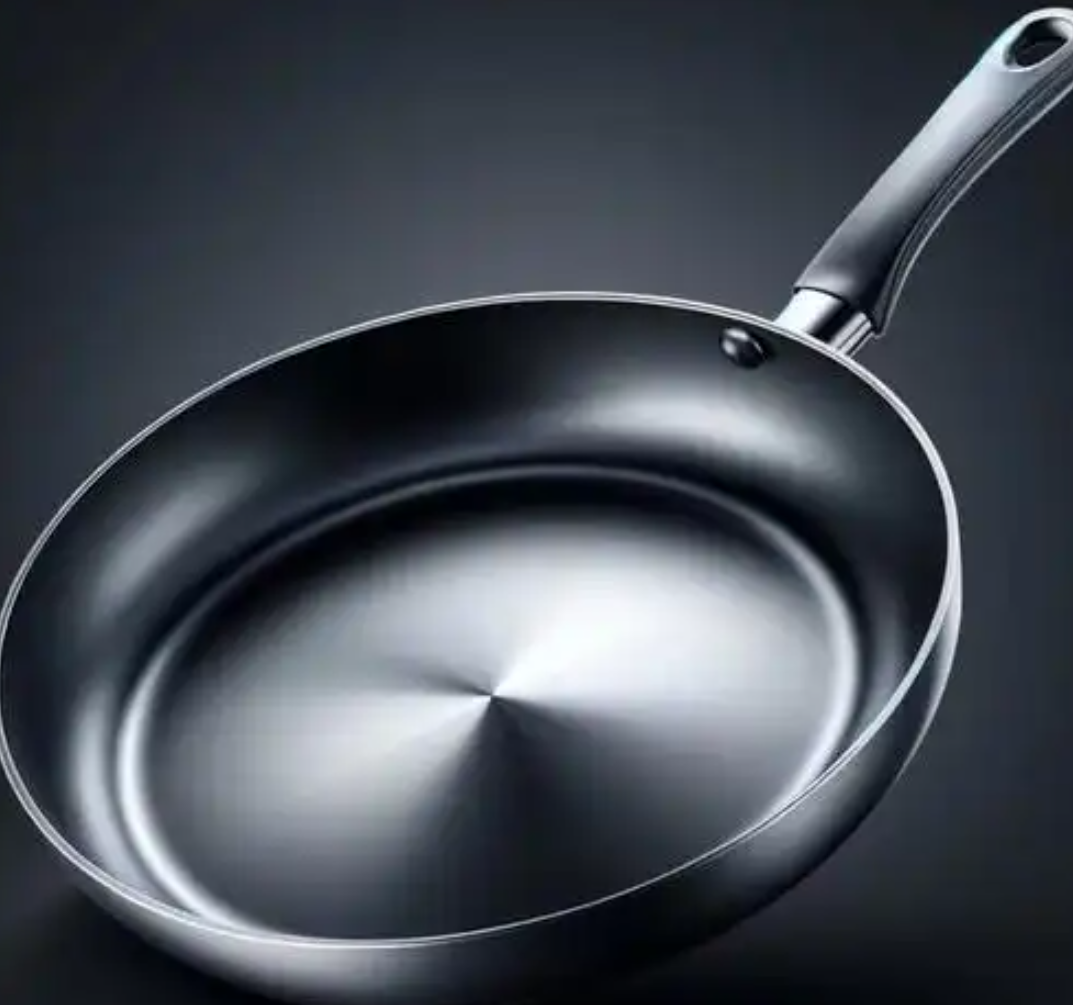
(4) Chimneys and hot pipes
In the coating of high-temperature chimneys and hot pipes, silicone heat-resistant coatings can effectively prevent oxidization and corrosion brought about by high temperatures, thus prolonging the service life of facilities and reducing maintenance costs.
6. How to make silicone coatings perform better?
In modern industry and daily life, silicone coatings are favored for their excellent high-temperature resistance and ultraviolet light. Whether it is automobiles, electrical and electronic equipment, or high-temperature pipelines, ships, and other fields, silicone coatings have become an important protective material to promote energy efficiency. The silicone coatings can also be used in silicone roof coating systems(existing roof), different from modified bitumen, and polyurethane foam, these built-up roof coatings can resist ponding water and ultraviolet light, and help reduce cooling costs, and create seamless membrane. How can you improve the competitiveness of your products?
XJY Silicones is one of the leading manufacturers of silicone MQ resins and VMQ silicones in China, with more than 30 years of R&D and manufacturing experience in the silicone industry as well as more than 15 related patents and technical support. Our silicone raw material products can meet the needs of the silicone coatings field and support the provision of diversified customized solutions.

